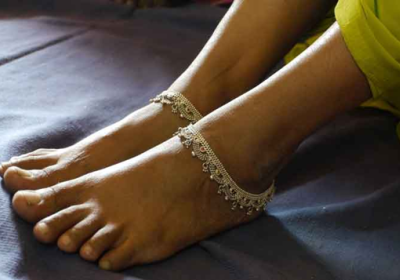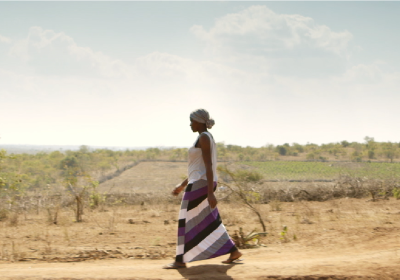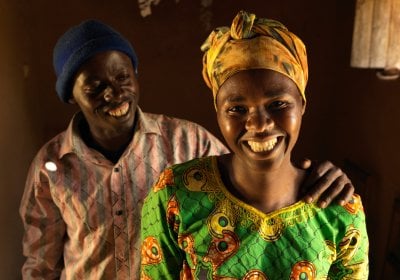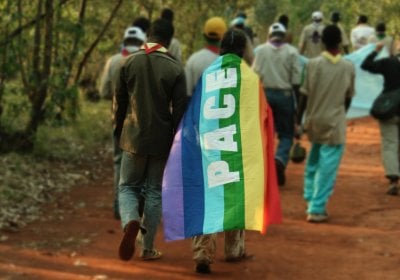Sexual violence and reproductive justice
16 Days of Activism against Gender-based Violence
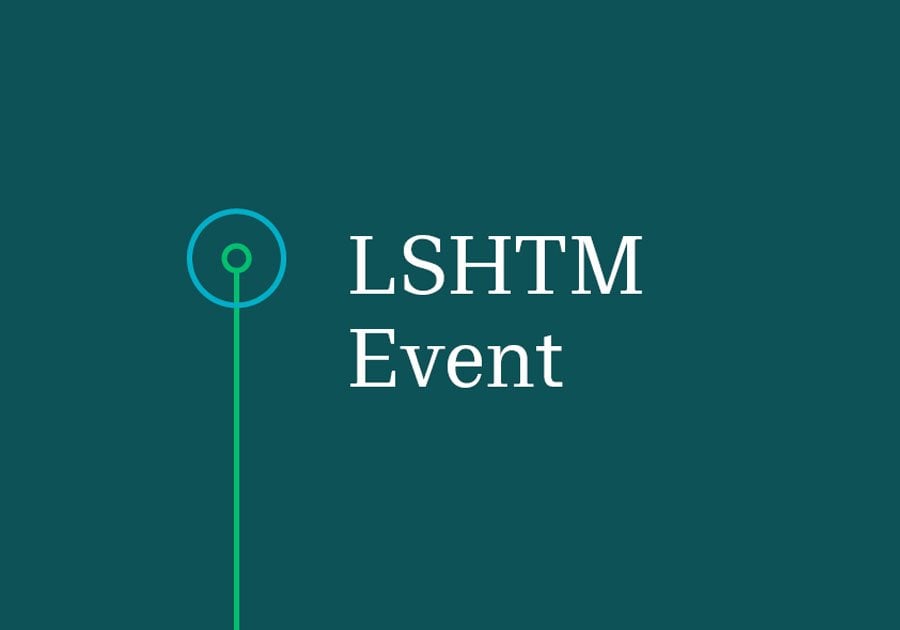
This session focuses on the sexual violence and reproductive justice, exploring how structural and institutional responses can better support survivors and promote justice.
Presentations:
- The role of duty bearers in Uganda in responding to sexual harassment: knowledge, attitudes, and actions
- “You stop someone from using contraception, and then, blame them later when they get pregnant:” Reproductive oppression of girls and young women – findings from qualitative research with family planning service-users
- Domestic violence and abuse among gay, bisexual and other men who have sex with men: Evaluation of an intervention in a sexual health clinic setting (HERMES)
The first presentation examines the role of duty bearers in Uganda in responding to sexual harassment, assessing the knowledge, attitudes, and actions of key actors involved in addressing this pervasive issue. The second presentation explores the reproductive oppression faced by girls and young women, highlighting findings from qualitative research with family planning service users in relation to contraceptive access and coercion. The final study evaluates the HERMES intervention for domestic violence and abuse among gay, bisexual, and other men who have sex with men, offering insights into how sexual health clinics can be leveraged to provide safer, more inclusive services. Together, these presentations underscore the urgent need to address both sexual violence and reproductive rights to ensure comprehensive care and justice for all survivors.
Speakers
Christine Anyanga
GVHRG MRC/UVRI and LSHTM Unit
Erin Hartman
Gender Violence and Health Centre, LSHTM
Dr Ana Maria Buller
Gender Violence and Health Centre, LSHTM
Admission
